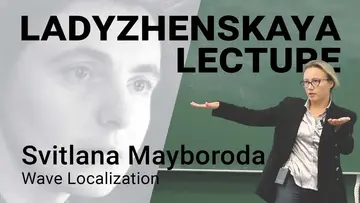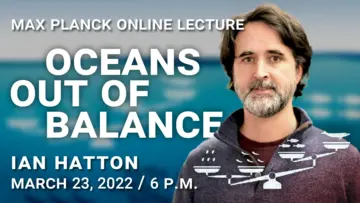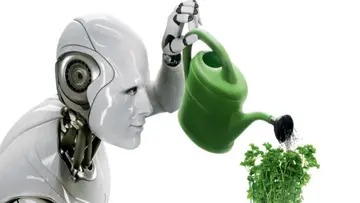
Oceans out of balance? Max Planck lecture with Ian Hatton
Published Mar 4, 2022
We cordially invite you to the public lecture “Oceans out of balance? How industrialized fishing affects the secret mathematical laws of nature” by Ian Hatton on March, 23 at 6:00 pm.
This public talk by Ian Hatton will discuss how the dramatic changes to ocean biomass due to human activities may be impacting ocean ecosystem functioning. The lecture will be presented by science journalist Dr. Tanja Busse and is part of the Max Planck Forum “Fragile Ecosystems”, which is dedicated to this topic with a series of lectures in 2022.


Scientists are gaining a better understanding of how industrialization, climate change and the overexploitation of the earth by a growing world population are connected. Nevertheless, we are currently failing to take decisive action against climate change. Where do we stand and what can be done? Four lectures focus on large ecological habitats and take stock of the state of endangerment. How are ecosystems responding to human-induced change? The series will be continued in autumn with discussions on "Earth and Humans in (Climate) Change" from the perspective of the social sciences.
The Max Planck Society is raising awareness on this topic with a series of infographics that illustrate how much industrial fishing and whaling have decimated large marine mammals.
You can follow the livestream of the lecture on YouTube, no registration required.
Editorial Contact
Discover More
-
www.mpg.de
Oceans out of Balance – Infographics on the website of the Max Planck Society
-
See More
Press release “Human activity has altered an ocean-wide law of nature”
Related Content

Always Try New Ideas: In Conversation with Adriana Garroni Always Try New Ideas: In Conversation with Adriana Garroni

Svitlana Mayboroda's Ladyzhenskaya Lecture Unravels the Enigma of Waves Svitlana Mayboroda's Ladyzhenskaya Lecture Unravels the Enigma of Waves

Oceans out of balance? Max Planck lecture with Ian Hatton Oceans out of balance? Max Planck lecture with Ian Hatton

Manneken Pis-thagoras Manneken Pis-thagoras


